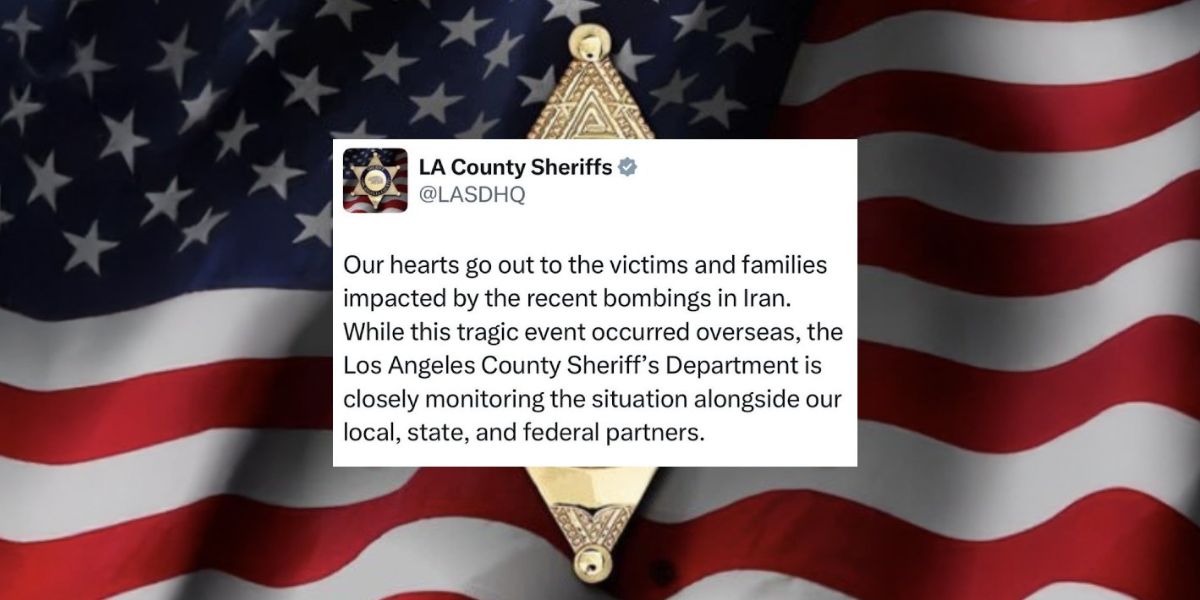Less than a month before it takes effect, tech lobbyists urged a federal judge on Tuesday to halt a Georgia legislation that requires parental consent before enabling kids to create social media accounts.
Given that federal judges in Ohio and Arkansas have struck down similar laws, U.S. District Judge Amy Totenberg appeared amenable to granting the motion. Its version was temporarily banned by a Florida court earlier Tuesday, and Utah’s bill received the same treatment in September 2024.
The judge urged the state to explain why its law shouldn’t be halted as well, as lawsuits against similar laws are still underway in Louisiana, Mississippi, and Tennessee.
According to state attorney Logan Winkles, the law restricts where children can travel and who they can contract with without parental consent, rather than limiting or restricting online expression as tech lobbyist NetChoice claims.
He maintained that it had nothing to do with content and only operates as a small gatekeeper for agreements between the world’s most powerful corporations and minors.
“Its a place where children are being restricted, not content,” Winkles stated.
Senate Bill 351—also referred to as the “Protecting Georgia’s Children on Social Media Act of 2024″—would require social media companies to confirm users’ ages by July 1, 2025, using “commercially reasonable efforts.”
Anyone who cannot be identified as a minor would have to be treated as such by services. Children under the age of sixteen would need parental permission to create an account.
Jeremy Maltz, a lawyer for NetChoice, claimed the wording is overly ambiguous and would subject companies like online journal service Dreamwidth to severe fines or compliance expenses.
Georgia became the seventh state to have its law requiring parental consent for children to access social media challenged in court when NetChoice, which represents members like Meta, Google, Amazon, and X, formerly Twitter, filed a lawsuit against the state in May. The association is active in a number of court cases and lobbying campaigns pertaining to the regulation of online material.
The state further contended that since NetChoice’s complaint made no mention of any impacted parties who would suffer irreversible harm, they shouldn’t have the legal authority to make such allegations.
“No 15-year-old is here, no parent, or any individual saying their First Amendment rights have been violated,” Winkles stated.
The lawyer went on to say that many providers already have age verification systems in place, such as artificial intelligence that can determine an individual’s age without needing identity or personal information.
According to Winkles, the state attorney general has a 90-day window to correct any infractions before taking any further action.
The bill would also restrict the amount of data that social media companies could gather about children under the age of sixteen and how they might tailor their ads to them.
When displaying ads to minors, the regulation would forbid services from using information other than location and age.
Read Also: NYS Lawmakers Propose Ban on Nonstick Cookware Despite Federal Safety Assurances
It also parallels a Texas statute that is currently before the Supreme Court and would require users to upload a government-issued photo ID before they can see adult content on pornographic websites. Every youngster who views content that is considered “harmful to minors” would result in a $10,000 fine for any websites that fail to comply with these regulations.
According to Winkles, the law was designed to address a “mental health crisis” that is directly related to social media and poses a special risk to children and teenagers since it keeps them addicted and involved.
According to him, kids are also more susceptible to adult predators who can easily exploit them on social media.
Social media companies currently prohibit children under the age of 13 from registering on their platforms in order to comply with government legislation.
However, kids have been known to get around the restrictions with ease. Approximately 95% of teenagers between the ages of 13 and 17 report using social media, and over one-third say they use it “almost constantly,” according to research from the Pew Research Center.
Totenberg stated that she will give the arguments of both sides more thought and that she might choose to convene an evidentiary hearing prior to rendering a decision.



